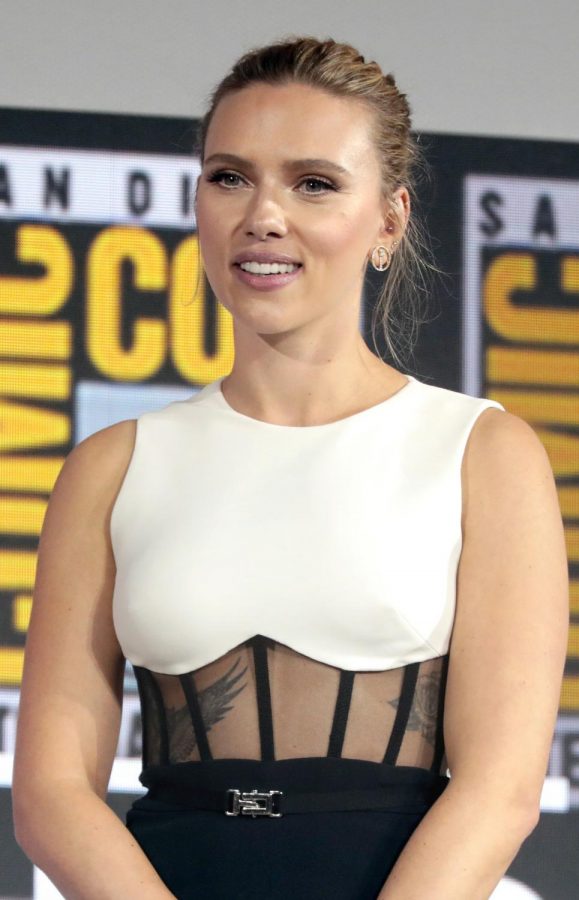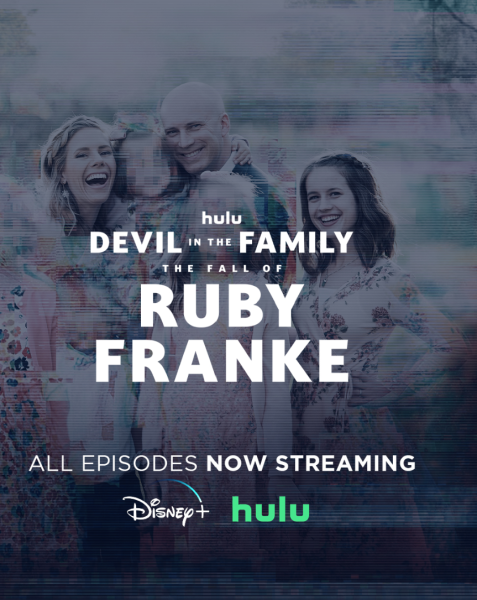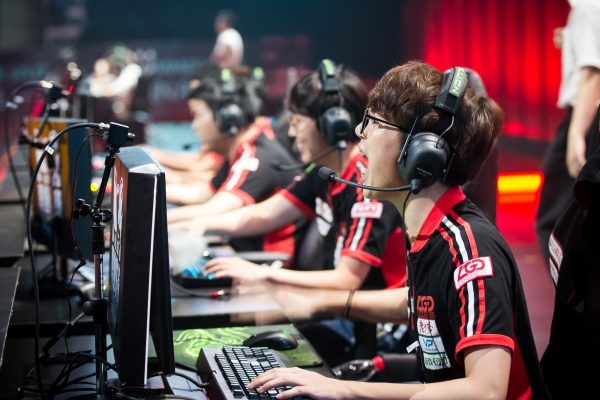Scarlett Johansson’s “Black Widow” Disney Debacle
Scarlett Johansson and Disney have finally resolved their lawsuit that began with Johansson’s claims of breach of contract for her Marvel solo movie, “Black Widow.”
“Black Widow” centers around Johansson’s Marvel Cinematic Universe character Natasha Romanoff, a Russian spy turned Avenger, who also appears in the Marvel movies: “Iron Man 2,” “Captain America: The Winter Soldier,” “The Avengers,” “Avengers: Age of Ultron,” “Captain America: Civil War,” “Avengers: Infinity War,” and “Avengers: Endgame.” Directed by Cate Shortland, the movie also stars Florence Pugh, David Harbour, O-T Fagbenle, and Rachel Weisz. The movie is Johansson’s last in the role of Natasha Romanoff.
The original release date of “Black Widow” was slated for May 2020, but with the global pandemic, it was pushed back, more than once. During Covid, movies that were slated to come out in theaters were either delayed or released on streaming services such as Netflix, HBO Max, and Disney+. With “Black Widow” being both delayed and released in theaters, Johansson’s contract said nothing about the potential of it being released on Disney+ as well.
However, when the movie came out in theaters on July 9, 2021, it was also released simultaneously on Disney’s streaming service. Johansson’s contract stated that a large part of her salary would come from how well the movie performed in the box office, but what it did not mention was anything regarding her salary for the movie’s release on Disney+, according to a September 30 CNN article.
According to CNN, “‘Black Widow’ brought in $80 million at North American box office in its opening weekend. The film also made $60 million globally on Disney+ that weekend, according to the studio. The box office compensation Johansson was promised was followed through on, but she didn’t get any money from the $60 million the movie made on Disney+.
Jules Constantinople, a senior who watched “Black Widow” on Disney+ with her dad when it first came out, regrets her decision now that she knows what Disney did.
“I did buy it off Disney+ and in a way I feel guilty,” Jules said. “When we bought it [on Disney+] we were very excited, but finding this out, I feel like I was rewarding Disney instead of Scarlett Johansson.”
Jules agreed with Johansson’s decision to sue for breach of contract.
“She should be getting paid for her work in the movie that was being produced for the public,” Jules said. “She was losing money that she should’ve earned for what she was presenting to an audience. It looks bad on [Disney], and you don’t know if they’ve done this to other people.”
Sydni Landman, a senior who watched the movie in theaters when it first came out, also agrees with Johansson’s choice to sue Disney.
“I think it was completely unprofessional of [Disney] and if I was an actor I wouldn’t necessarily want to work with them,” Sydni said. “I think it was rude of her producers, and especially with her being a woman, because I don’t know if it would have been the same outcome if it was a male actor.”
Chris Couchon, the Assistant Food Service Director at Williston, agreed with Johansson’s decision, and blasted Disney’s initial response to the lawsuit in which, according to a Sept. 21 New York Times article, they called “’especially sad and distressing in its callous disregard for the horrific and prolonged global effects of the Covid-19 pandemic.’”
“Why should it all go directly to Disney, whose decision doesn’t just impact the actors but also the theaters that rely on these giant movies to stay afloat?” he said. “There are literally hundreds of millions of dollars at stake and sending it to streaming day and date of release, caused a catastrophic drop in proceeding box office weeks.”
Disney’s decision to call out Johansson for alleged “callous disregard” of customers’ safety during the Covid pandemic, Couchon explained, “was an incredible thing to read from a company who opened its theme parks to 100% capacity. To me, trying to throw shade at her for getting what she was rightfully owed and denied didn’t help their case and turned the public against them, especially considering how strong and unprofessional their wording was.”
The lawsuit ended with Disney paying Johansson $40 million.











